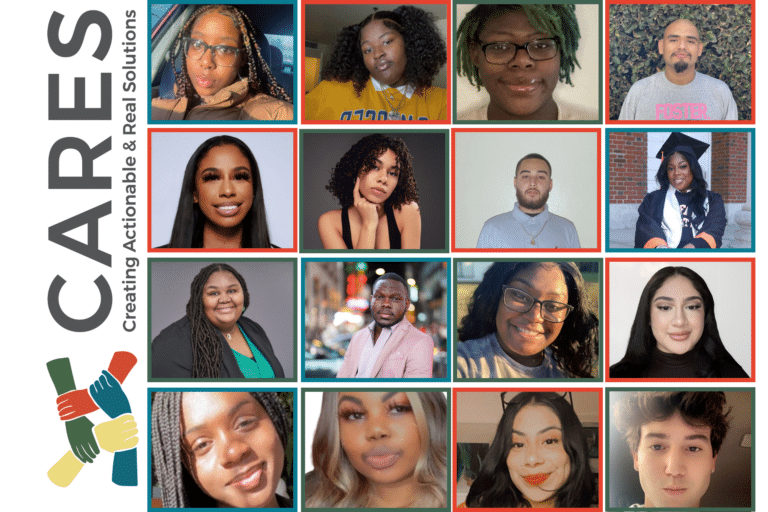Results and Desired Outcomes
Our work has contributed to:
- Solutions that move away from policing and surveillance to a healing and just society where communities support, affirm, and include LGBTQIA+ youth and communities.
- Mobilizing the collective action of expectant and parenting young people to disrupt harmful narratives tha pathologize Black parents and perpetuate anti-Blackness.
- Extensive capacity building for transition-age youth in shaping and advancing local policy solutions alongside community partners, system leaders, and policymakers.
- Advancing supports for parenting students and promoting broad public system reform to work better for families with low incomes.
In addition we have helped agencies:
- Put into place a two-generation approach for working with expectant and parenting youth.
- Increase their capacity to collect and use disaggregated data on race, ethnicity, and SOGIE (sexual orientation, gender identity, and gender expression) to drive practice and policy change.
- Implement organizational and structural changes that dismantle systemic oppression and affirm and support youth of color and LGBTQ+ youth
- Amend their policies and practices so that they reflect what the research says youth need to thrive and so that they encourage a focus on building protective and promotive factors rather than focusing primarily on reducing risks.
- Train workers on youth development, trauma, and the protective and promotive factors associated with youth well-being.
How We Do It
Our work is grounded in learning from and partnering closely with young people because systems and policies work better when they are reimagined and designed together with the young people they are intended to serve.
We work with youth and young adults, system leaders, providers, and community partners to develop and advance practices and policies that reimagine how youth are supported, with a particular focus on young people who are underserved or harmed by current public policies and systems, so that all youth can thrive. Our work celebrates and affirms young people and helps the systems with which they are involved to serve them in the most effective, strength-based, and meaningful ways possible.
Through policy and practice change, we work to ensure youth-serving systems and community partners have the resources to support and promote the well-being of youth and young adults while also supporting their capacity to advocate for their own needs and for their communities.









